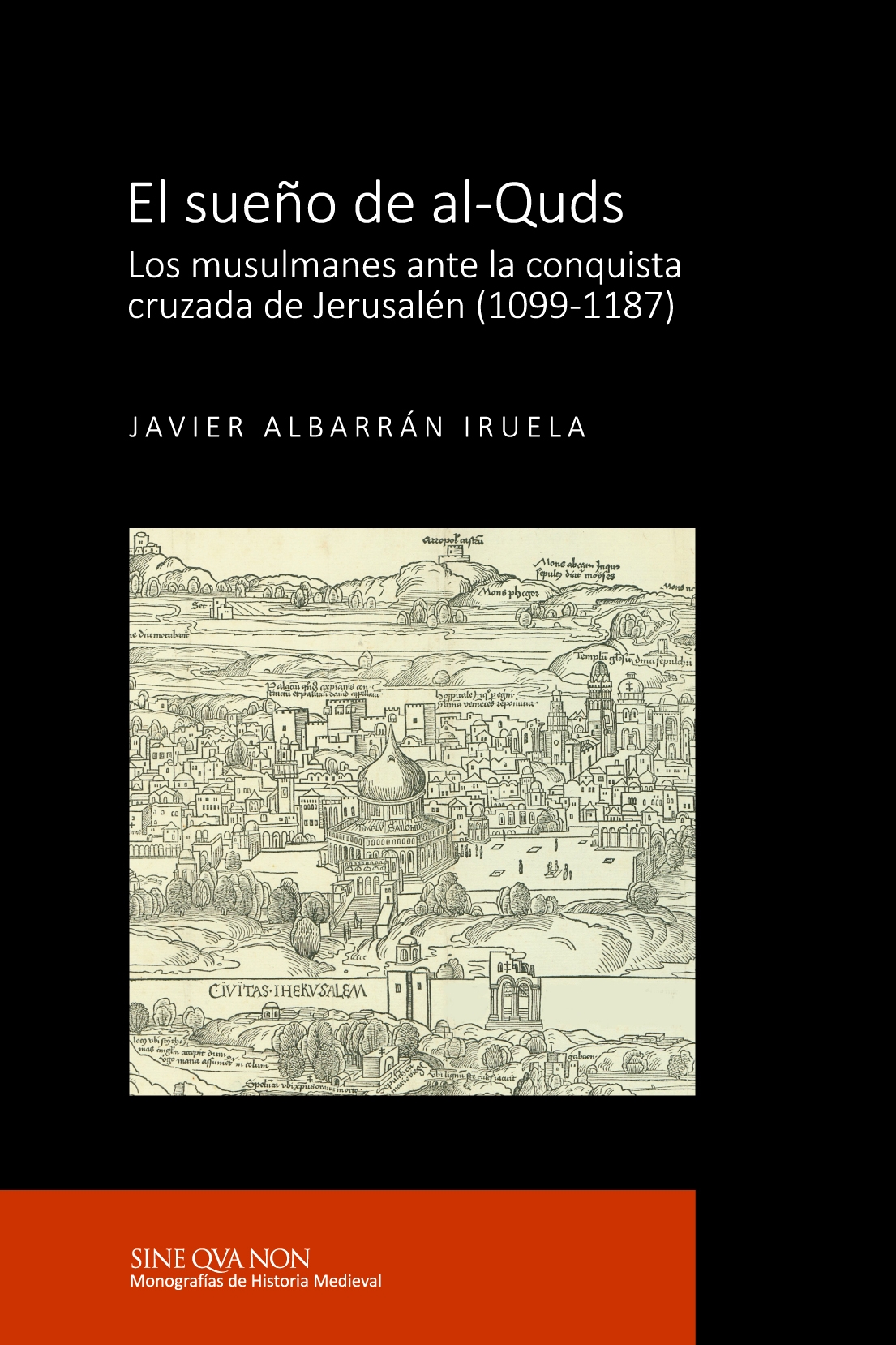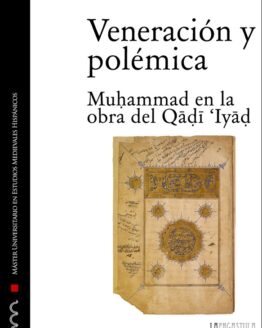Las cruzadas siguen siendo un fenómeno de mucha actualidad e interés, no solo en el mundo occidental, donde han generado un sin fin de ensayos, novelas y películas, sino también en el islámico, donde a lo largo del siglo XX se entendieron como un paralelo de políticas como el colonialismo. Las cruzadas formaron parte de profundos cambios tanto en la Europa medieval como en el mundo musulmán, a través de cuestiones como una reconceptualización del Yihad o la creación de un nuevo imaginario en torno al Occidente cristiano. El objetivo de este libro es estudiar la respuesta que formuló el islam a la llegada de los cruzados; es decir, qué supuso la pérdida de Jerusalén, al-Quds, para los musulmanes y cómo se gestó el sueño y la realidad de su recuperación.
The Crusades are still today a very popular and interesting phenomenon, not only in the Western world, where they have generated an endless number of essays, novels and films, but also in the Islamic one, where throughout the 20th century they were understood as a parallel to policies such as colonialism. The Crusades were part of deep changes in medieval Europe as well as in the Muslim world through issues such as the reconceptualization of Yihad or the creation of a new imaginary around the Christian West. The aim of this book is to study the answer given by Islam to the arrival of the Crusaders; that is, what entailed the loss of Jerusalem, al-Quds, for Muslims, and how did the dream and the reality of its recovery come about.



